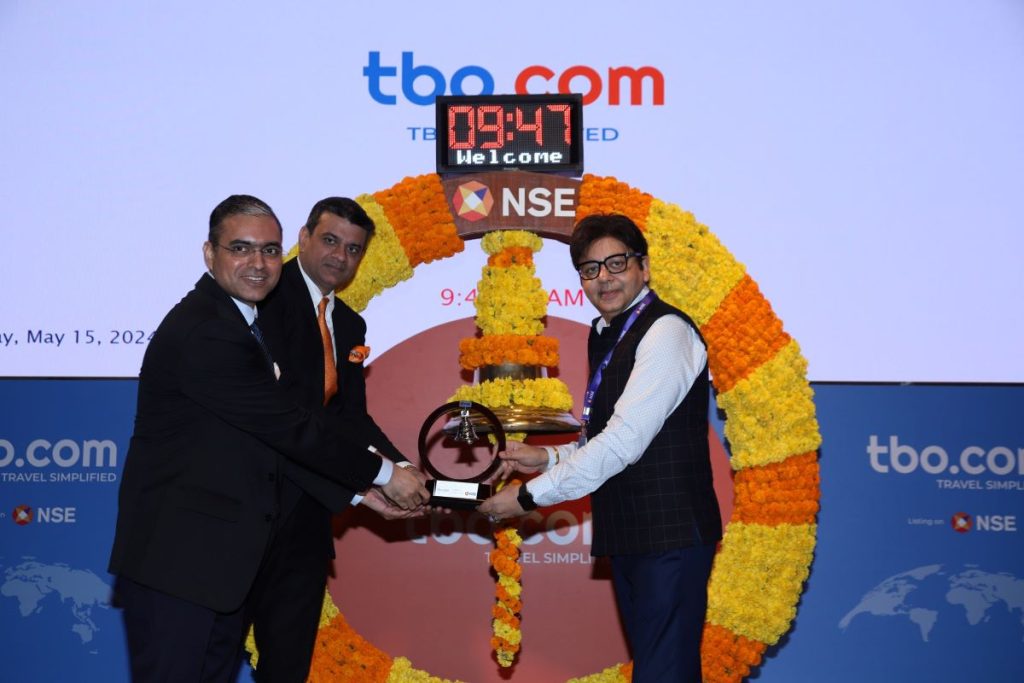The launch of the Nifty India Tourism Index by India’s National Stock Exchange reflects the growing demand and investor interest in the travel and tourism sector within the country. This index allows investors to track the performance of travel companies and serves as a benchmark for expected returns within the industry. Recent successful stock market debuts of companies like TBO Tek and Ixigo showcase strong investor sentiment towards the travel industry, but the sustainability of this demand over the long term remains to be seen.
The Nifty India Tourism Index encompasses companies across various sectors within the travel industry including airlines, hotels, resorts, and travel agencies. Companies such as IndiGo, BLS International, Oberoi Hotels and Resorts, GMR Airports Infrastructure, and Lemon Tree Hotels have been included in the index to track sectoral movements. This initiative aligns with NSE’s focus on catering to emerging market trends, with sectoral indices also existing for banks, autos, FMCG, pharmaceuticals, IT, realty, healthcare, and more.
The creation of this index comes at a time when there is a strong push for the development of the tourism and travel sector in India. With travel and tourism being significant contributors to India’s GDP, the government has been implementing various schemes to promote domestic tourism, despite a reduction in the global promotion budget. The aviation sector is expanding, with more airports opening to serve smaller cities, and airlines like IndiGo and Air India placing orders to expand their operations. Hotel chains are also focusing on Tier 2 and 3 cities for growth.
In addition to the introduction of the Nifty India Tourism Index, notable developments in the travel industry include Air India launching a three-class configuration for its narrowbody fleet, InterGlobe Enterprises planning to open five hotels in Europe under the Miiro brand, and Apeejay Surrendra Park Hotels bringing The Park brand to Uttarakhand. These developments highlight the growth and diversification in the Indian travel and hospitality sector, with companies expanding their offerings to cater to changing consumer preferences and market demands.
Apeejay Surrendra Park Hotels signing a new The Park-branded hotel in Nainital, Uttarakhand, Delhi Airport introducing a self-service baggage quick drop facility to streamline check-in processes, and Air India unveiling its new three-class configuration are examples of how companies in the travel and hospitality industry are evolving to meet the needs of travelers. These initiatives reflect a commitment to innovation and customer service, as well as a strategic focus on growth and expansion within the sector.
Overall, the travel and tourism industry in India is experiencing significant growth and development, with increased investor interest, government support, and innovative offerings from companies within the sector. The launch of the Nifty India Tourism Index by the National Stock Exchange is a clear indication of the industry’s promising future, as companies across various sectors within travel continue to expand, diversify, and adapt to changing market dynamics. While challenges may arise in the future, the overall outlook for the travel industry in India remains positive, with opportunities for growth and success in the years to come.


